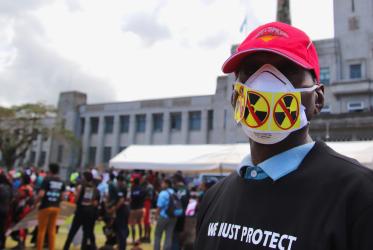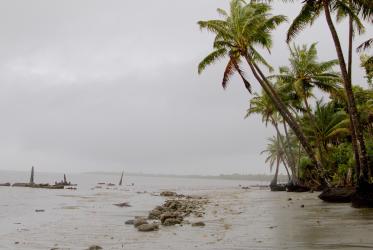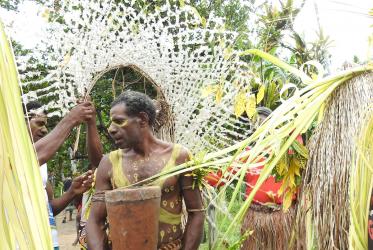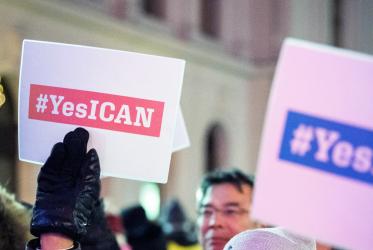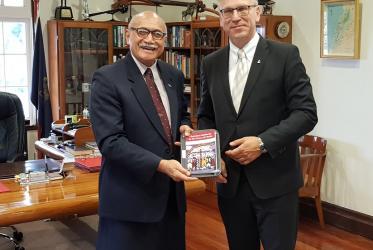Displaying 1 - 20 of 24
Pacific churches call for Japan to halt wastewater dump
29 August 2023
Pacific Theological College publishes “A COVID-19 Wellbeing Statement”
03 September 2021
Kirche sollten ihre Stimme gegen den Klimawandel erheben
26 February 2020
Churches should use their voice on climate change
26 February 2020
The cry of the Papuans in Indonesia
14 November 2019
In Fiji, young people ‘walk the talk’ with advocacy
12 September 2019
WCC supports UN petition from French Polynesia
07 November 2018
New Executive Committee members elected in Trondheim
28 June 2016
Momentum builds for ban on nuclear weapons
16 December 2014
Indigenous faith leaders reflect on resilience and climate change
23 September 2014


